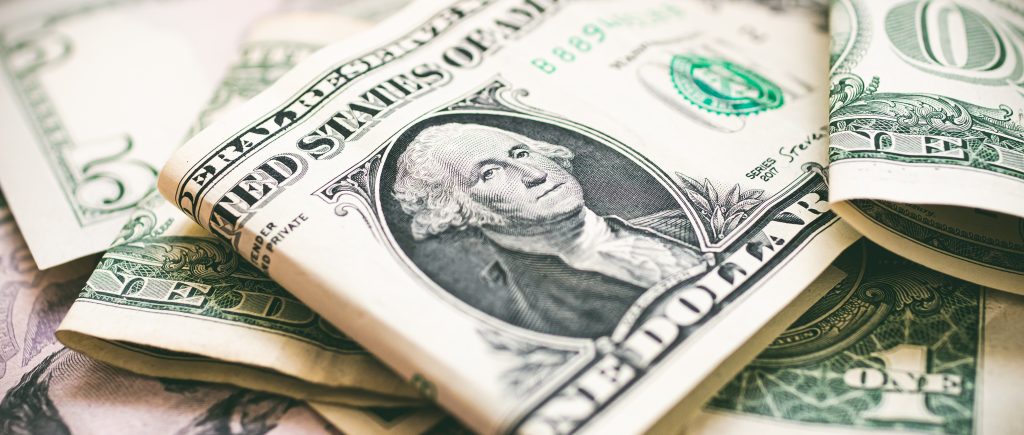The U.S. dollar strengthened on Monday, building on its recent gains as the U.S. presidential election approaches, with growing expectations that former President Donald Trump may secure a victory in the 2024 race.
At 04:30 ET (08:30 GMT), the Dollar Index, which tracks the greenback against six major currencies, rose 0.2% to 103.462, continuing its upward trend after a 0.6% gain last week.
Dollar Boosted by Trump Confidence
The dollar’s rise comes as investors increasingly anticipate that U.S. interest rates will fall at a slower pace than initially expected. Despite market predictions of a 25 basis point rate cut by the Federal Reserve in November, the dollar remained near its highest level in over two months due to signs of continued strength in the U.S. economy.
Additionally, the currency has been bolstered by rising expectations that Donald Trump will defeat Democratic nominee Kamala Harris in the upcoming election. Trump’s proposed economic policies, which include tariffs and tax adjustments, are viewed as measures that could maintain elevated U.S. interest rates while pressuring the currencies of America’s trading partners.
Euro Softens on Weak German PPI Data
The euro edged down slightly, with EUR/USD slipping 0.1% to 1.0850. This decline followed a weaker-than-expected German producer price index (PPI) report, which showed a year-on-year decrease of 1.4% in September, compared to the anticipated 1.0% fall.
European Central Bank (ECB) policymaker Gediminas Simkus suggested that the ECB is likely to cut interest rates to a “natural” level between 2% and 3%. However, Simkus added that further cuts may be necessary if inflation continues to decline sharply, signaling potential monetary easing ahead.
British Pound Pressured by Sluggish Housing Data
GBP/USD dropped 0.2% to 1.3022 after data revealed that asking prices for British homes in October rose by only 0.3%, significantly below the typical 1.3% increase for the month, according to property website Rightmove. Combined with a recent decline in services inflation, this points to the likelihood of consecutive rate cuts by the Bank of England as it seeks to stimulate the slowing British economy.
In the context of global economic uncertainty, especially surrounding the U.S. election and varying central bank policies, the U.S. dollar remains resilient, positioning itself as a safe haven for investors.
 Noor Trends News, Technical Analysis, Educational Tools and Recommendations
Noor Trends News, Technical Analysis, Educational Tools and Recommendations





